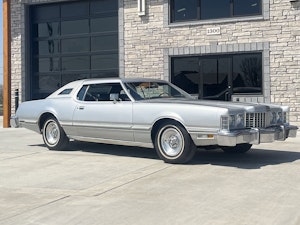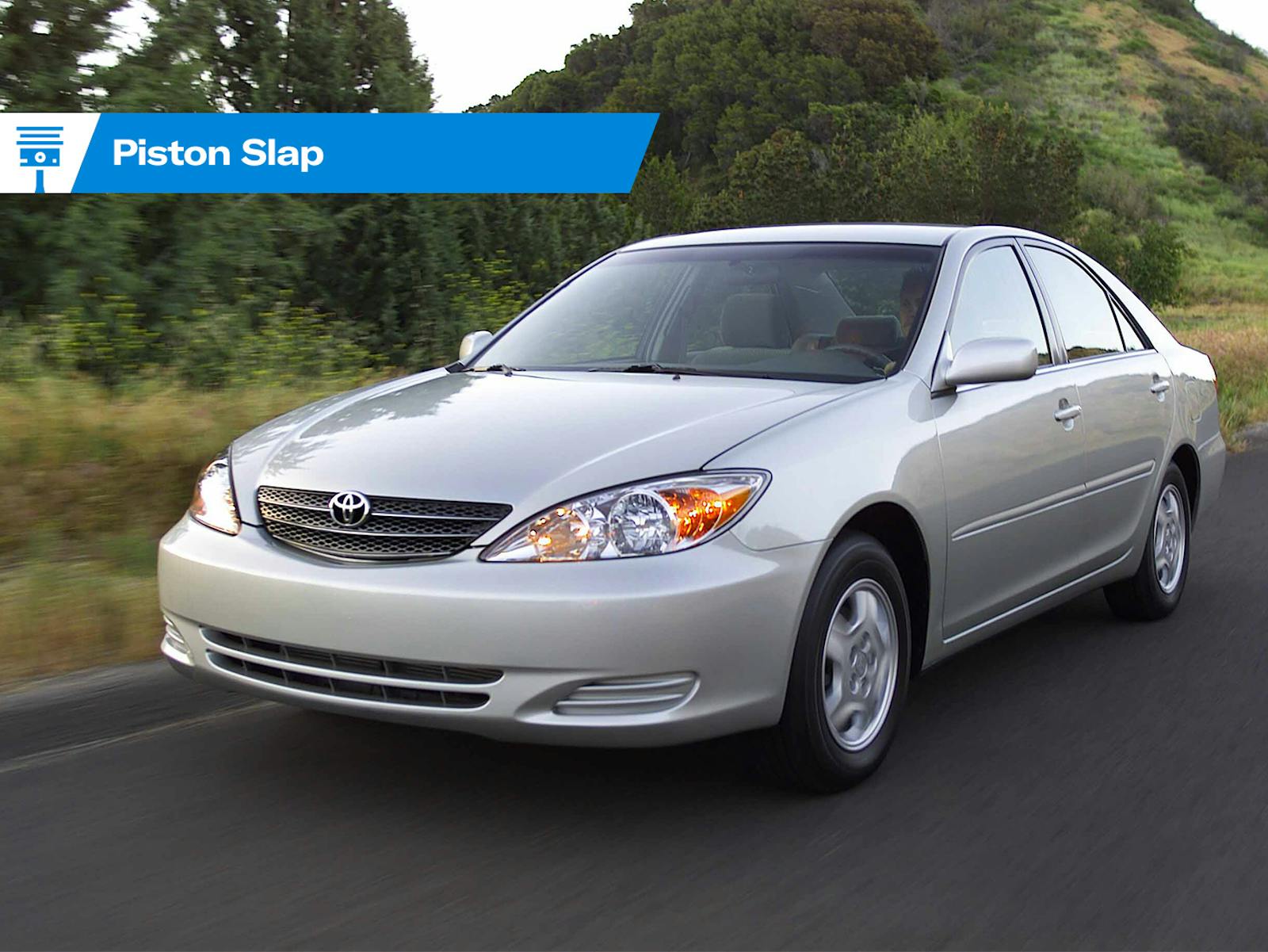Media | Articles
Piston Slap: Diesel engine oil for classics?
Thank you to all who submitted a Piston Slap query to create deeper communications and bonds on automotive queries within the Hagerty Community (please don’t stop the music: pistonslap@hagerty.com). To wit, we have two questions with the same answer:
Edwin writes:
Is there an advantage to using synthetic oil in the older engines from the ’40s and ’50s? Please mention both rebuilt and original engines. I have a ’53 Olds Super 88 with only 41,000 original miles, by the way.
Andy writes:
I have a ’41 (or ’42?) Ford Flathead V-8, and I have heard different things about what oil to run in it. The Flathead has been bored 0.30 over with a ¾ Isky cam, Edelbrock 65cc heads, and intake 2 super 7 carbs. What oil do you recommend?
Marketplace
Buy and sell classics with confidence
Sajeev answers:
It’s a bit ironic that not only did we speak to Shell’s petroleum gurus about this, but their advice applies to both vehicles.
For Edwin’s Oldsmobile: Shell Rotella T4 (or comparable from Mobil, Chevron, etc.) in 15w-40 weight is best because you have a low-mile engine with flat tappets that is used to running oils with higher levels of zinc additive. Diesel oils like T4 possess that higher zinc content, but let’s stress the fact they are incompatible with vehicles running catalytic converters. The phosphorus in that zinc additive can coat the catalyst and reduce performance in gas engines from the last 45-ish years. This is likely why diesel engine oil is marketed as such in retail settings: and when you consider how many modern gas engines have low-tension piston rings with a bad habit of burning copious amounts of oil … but I digress.
Regarding synthetics (i.e. diesel synthetics or racing oil with extra zinc), it could clean sludge out of the Old’s original engine seals, which is a bad thing: sludge needs to exist to keep cracked/shrunken seals from springing a leak. A recently rebuilt motor should not have a problem, but considering the notion that this Olds won’t be driven hard/often enough for synthetic’s benefit to come into play, using conventional diesel oil (like T4) with annual changes is beyond adequate, far cheaper, and more readily available.
For Andy’s Flathead: The same Rotella T4 15w40 (or comparable from Mobil, Chevron, etc.) is likely the best choice. Every Isky cam I see online requires a flat tappet engine, therefore benefits from the extra zinc content in diesel engine oils.
Or perhaps synthetic racing oils are needed? These are normally used to ensure a proper break-in of a classic motor rebuild, but a flathead with an aftermarket cam might need it for maximum durability. Do consult with your engine builder, but running T4 is not a bad idea if you aren’t subjecting it to race conditions regularly.
What say you, Hagerty Community?
Bonus! A Piston Slap Nugget of Wisdom:
Engine leaks after switching to synthetic oil is also a problem on newer classics. I switched to synthetic in my 1995 Lincoln Mark VIII (back when it was 8 years old) and the dreaded Ford 4.6-liter oil filter adapter gasket leak reared its ugly head. Which was hundreds of dollars to fix … so you have been warned.
Have a question you’d like answered on Piston Slap? Send your queries to pistonslap@hagerty.com, give us as much detail as possible so we can help. If you need an expedited resolution, make a post on the Hagerty Community.










